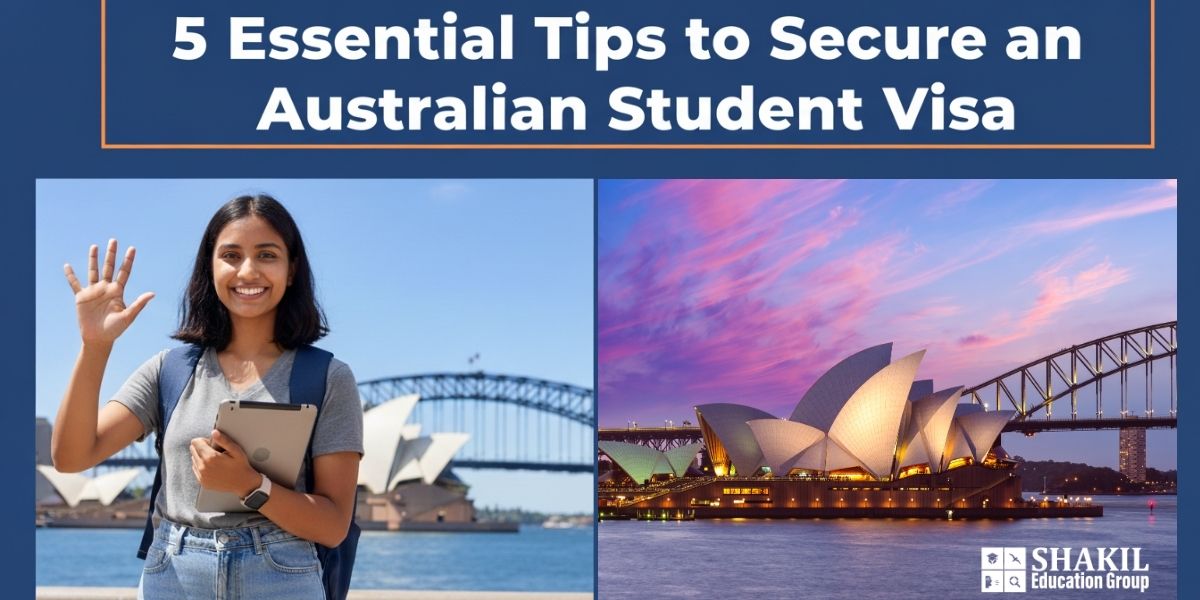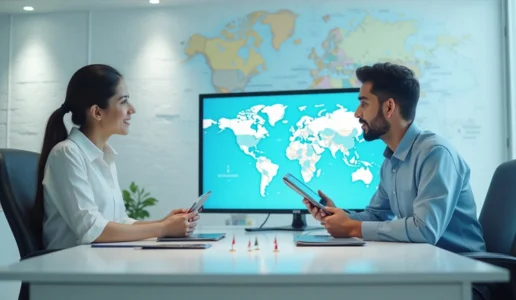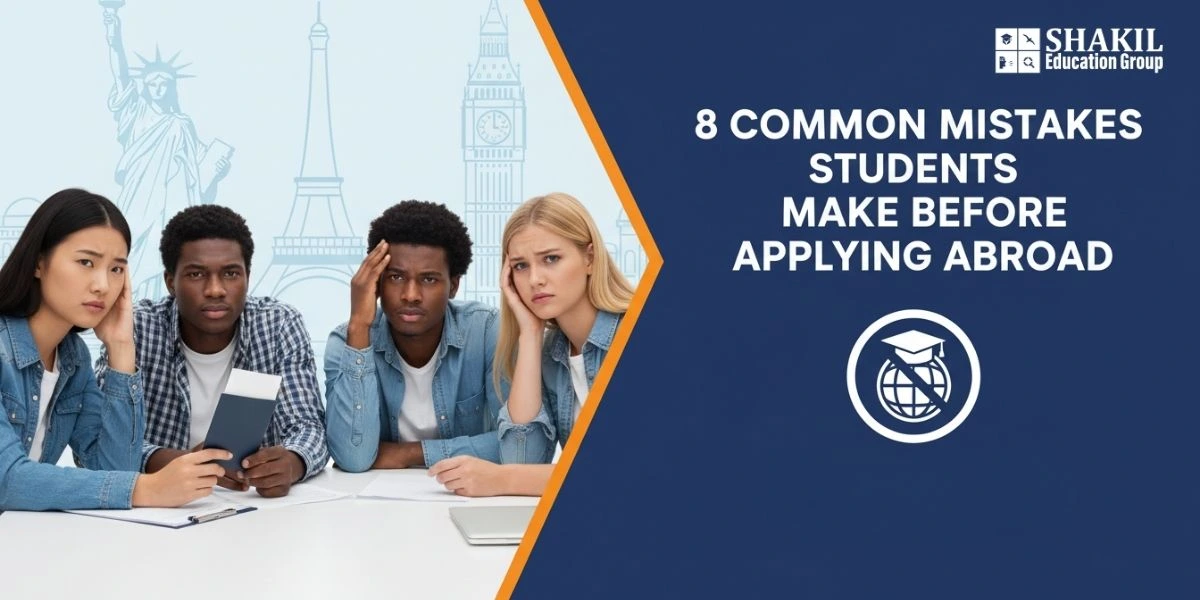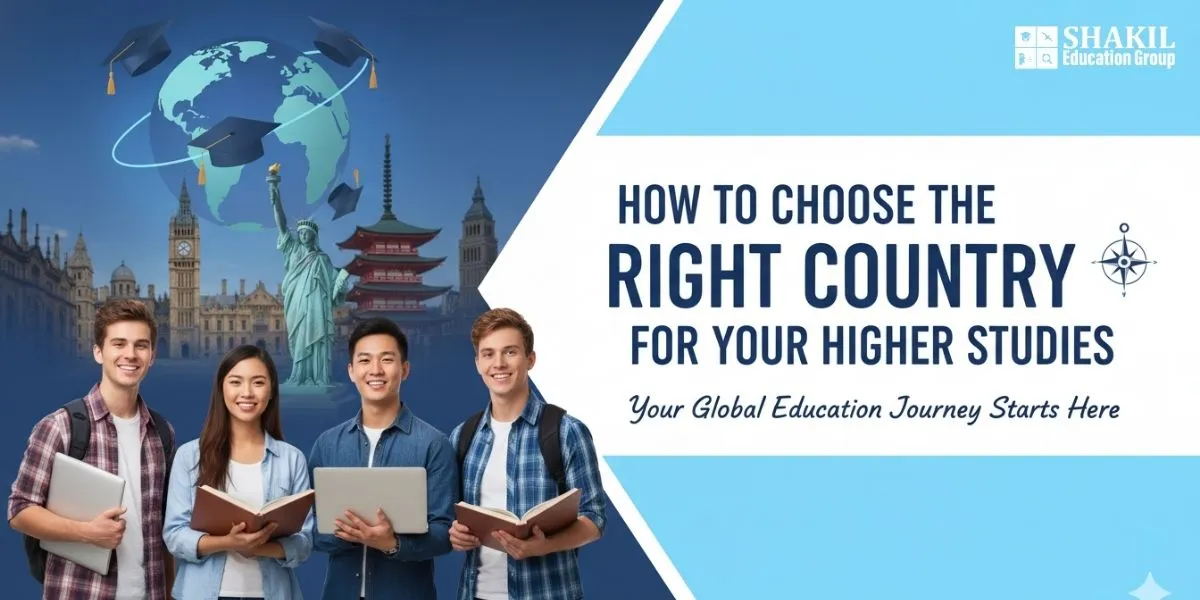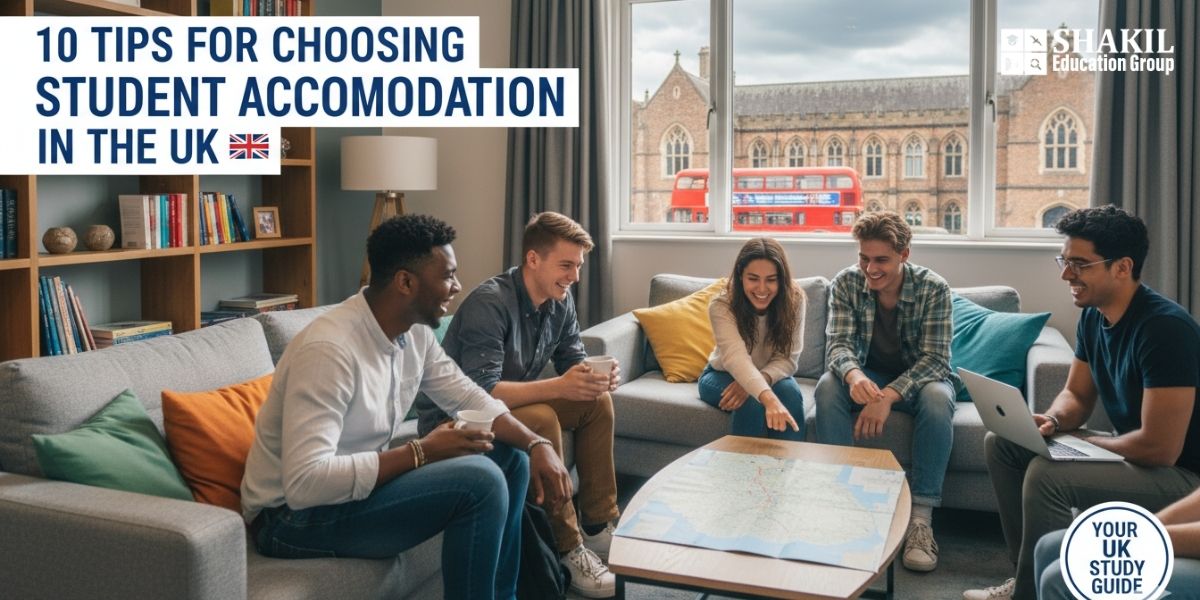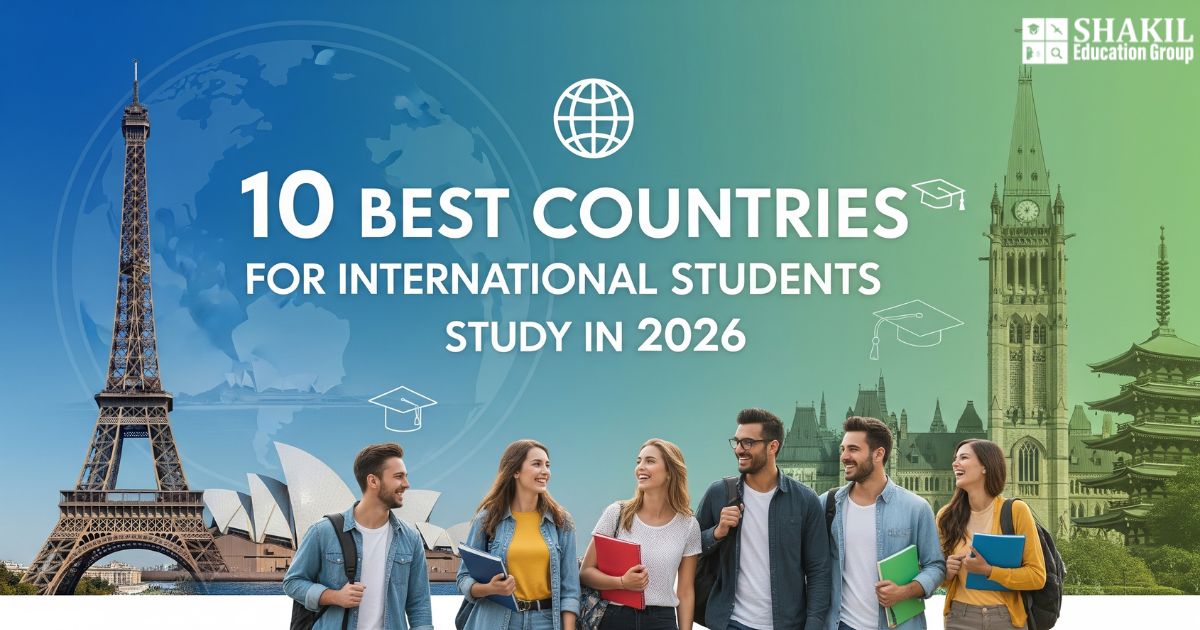Applying for an Australian student visa is one of the most exciting — yet nerve-wracking — parts of your study abroad journey. You’ve got your offer letter, your dream course, and your bags almost packed. But one step stands between you and your goal: the Student Visa (Subclass 500).
As the CEO of Shakil Education Group, I’ve spent more than 17 years helping thousands of students across Bangladesh, India, Nepal, Nigeria, and other countries achieve their dreams of studying abroad. I’ve seen many brilliant students get their visas approved smoothly — and others get delayed or rejected simply because of avoidable mistakes.
In this blog, I’ll share the five most important steps that can dramatically improve your chances of a successful Australian student visa approval — based on real experiences, insights from immigration trends, and years of working directly with the Australian education system.
